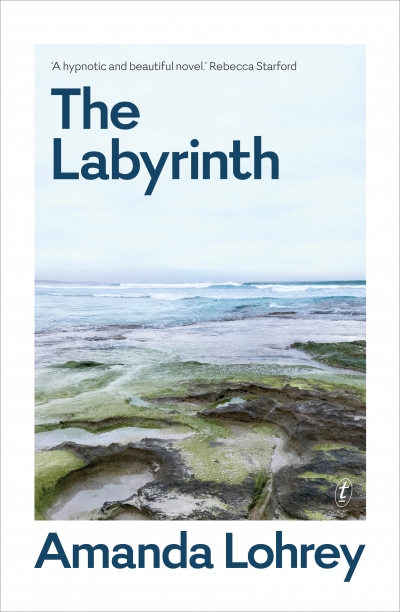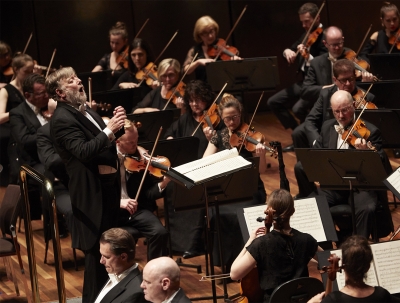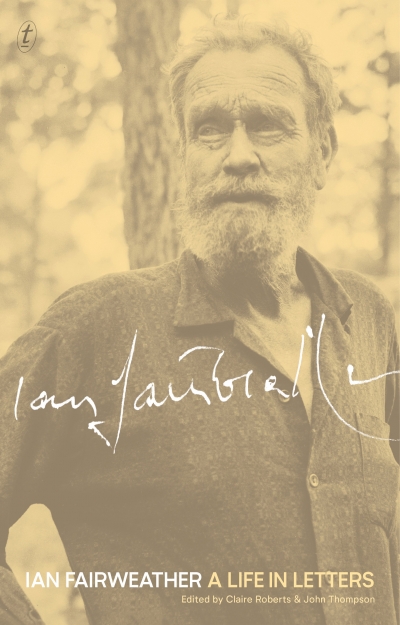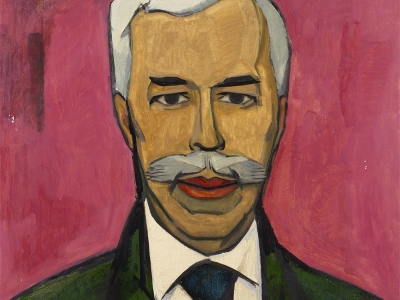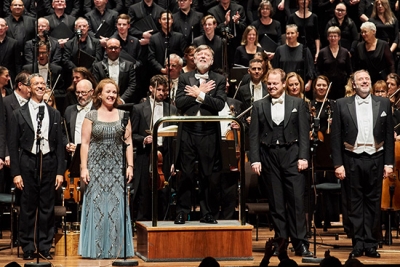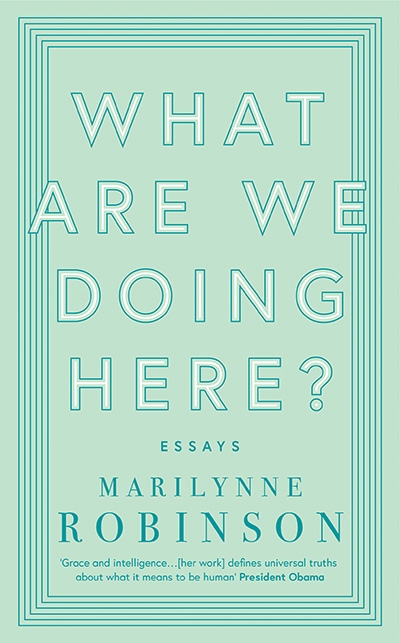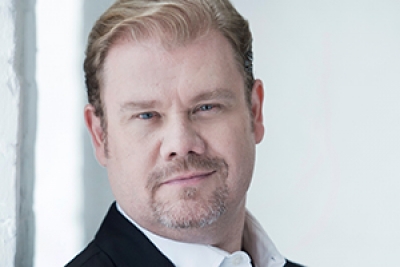Morag Fraser
‘Sir Andrew’s Messiah’ it was: the conductor’s affectionate choice (Andrew Davis had soloed in Messiah as a boy), and his own orchestration, of Handel’s masterwork for his farewell concert as the Melbourne Symphony Orchestra’s chief conductor. Sir Andrew, who has caught an Australian habit, will return in 2020 as Conductor Laureate. Handel (who didn’t rate a mention on the MSO’s concert program cover) is perennial, so his return, and return, to Australian concert stages, churches, community singalongs, and recording studios is more guaranteed than rain.
... (read more)Ian Fairweather: A life in letters edited by Claire Roberts and John Thompson
To celebrate the best books of 2018, Australian Book Review invited nearly forty contributors to nominate their favourite titles. Contributors include Michelle de Kretser
... (read more)Masters of Modern Art from the Hermitage (Art Gallery of New South Wales)
On 6 March 1948 – a mere seventy years ago – the paintings that comprise this stellar exhibition of ‘Modern Art’ from St Petersburg’s great cultural repository, the State Hermitage Museum, were condemned in a decree by the Council of Ministers of the USSR as ‘the bourgeois art of ...
... (read more)Supporting the ABC; Jolley Prize; W.H. Auden; Morag Fraser's upcoming biography of Peter Porter; The Peter Porter Poetry Prize; ABR in Perth; Free copies of ABR in select bookstores; Dilan Gunawardana leaves ABR; Jack Callil is the new Assistant Editor ...
... (read more)‘People who don’t like tunes don’t like Berlioz.’ Thus, the late Colin Davis, famed English conductor and Berlioz exponent, said in 2007 about L’Enfance du Christ. Davis, in his wry, gently combative English way, and with a burnished reputation behind him, didn’t have to care about musical fashion or despised tunes: ...
... (read more)Edward Elgar’s great work of poetic soul-scouring and symphonic grandeur had a mired reception at its première in Birmingham in 1900, years before Stravinsky’s Rite of Spring sparked its famous riot in Paris in 1913. Both composers had stretched the tolerance of their audiences, requiring open minds and an ear for new tonalities ...
... (read more)
